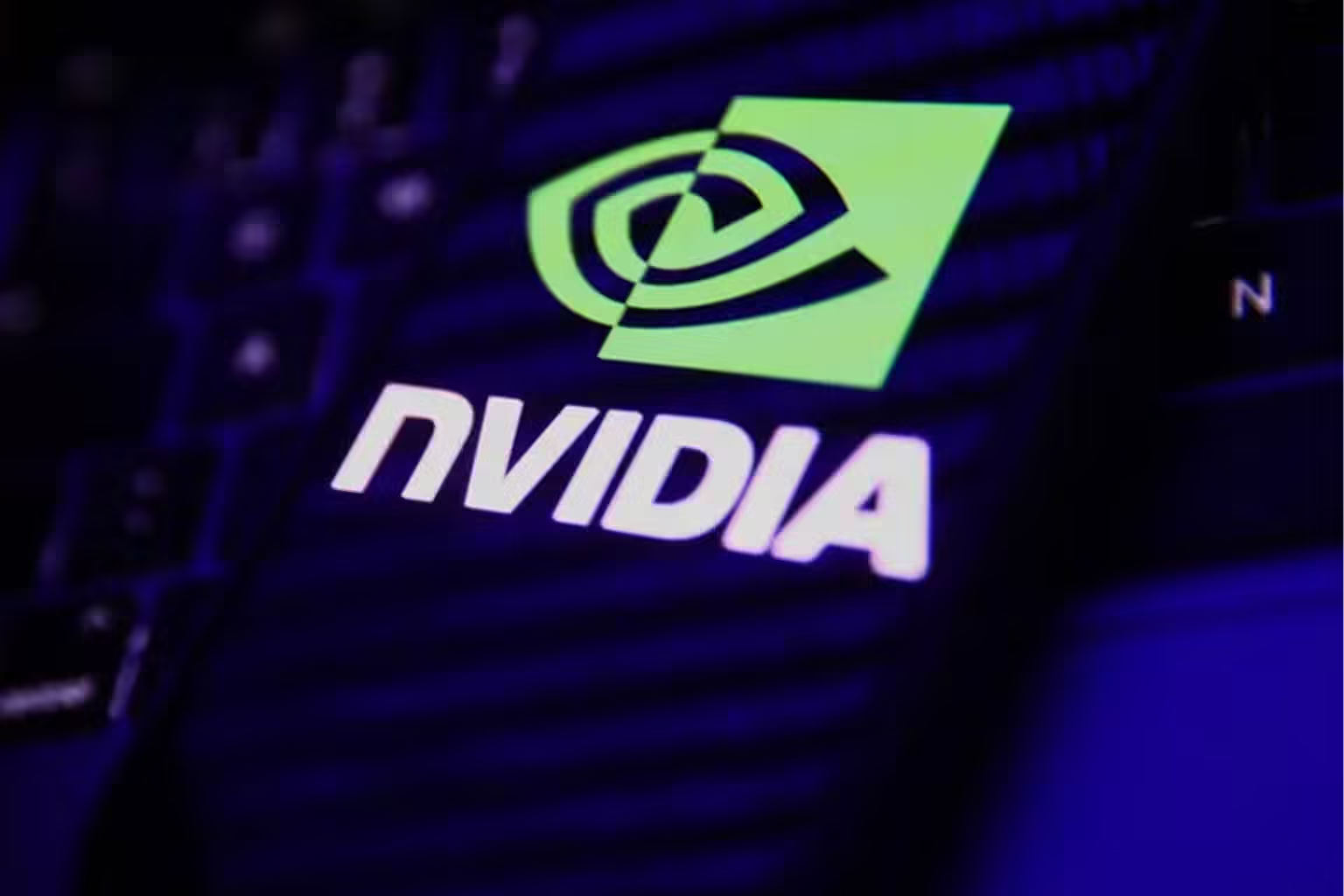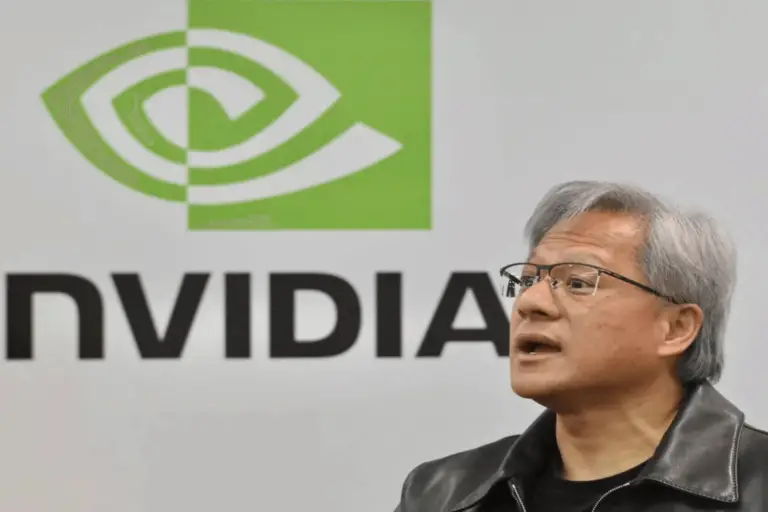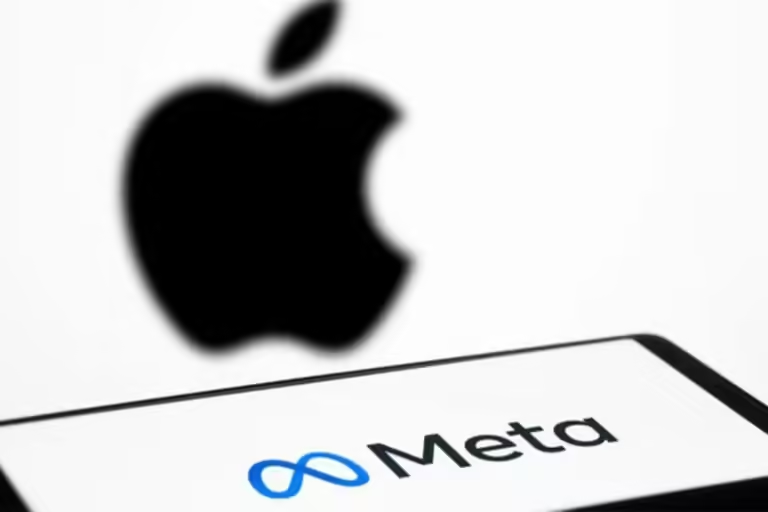
Nvidia to Launch in Middle East Despite US AI Export Restrictions, Says Ooredoo CEO
Nvidia will use its AI technology in Ooredoo’s data hubs in five Middle Eastern countries, even though the US doesn’t let advanced chips go to those countries.
According to Ooredoo’s CEO, Nvidia has agreed to put its artificial intelligence technology to use in data hubs owned by Ooredoo in five Middle Eastern countries.
Along with this agreement, Nvidia will start its first large-scale product in a region where the United States has limited the export of advanced chips Therefore, Chinese businesses can’t sneak into Middle Eastern countries to get the newest AI tech.
Ooredoo said in a statement that this will make it the first company in the region to offer direct access to Nvidia’s AI and graphics processing technology to customers of its data centres in Kuwait , Maldives, Tunisia, Oman, Qatar, and Algeria.
Vice President of Telecom at Nvidia, Ronnie Vasishta, said that Ooredoo will be able to help its users use generative AI apps more effectively if the company gets the technology.The deal was signed on June 19 at the TM Forum in Copenhagen, but neither company said how much it was worth. Also, Ooredoo wouldn’t say what kind of Nvidia technology it would be putting in its data centre, saying that it would depend on what was available and what customers wanted.
Ooredoo’s Strategic Business Moves
Some Nvidia technology can be sent to the Middle East by Washington, but not the company’s most advanced chips. CEO Aziz Aluthman Fakhroo said that Ooredoo is spending $1 billion to add 20 to 25 megawatts to its regional data centre, which will bring its total capacity to 40 megawatts.
After doing something similar last year to make the Middle East’s biggest tower company through a deal with Kuwait’s Zain and Dubai’s TASC Towers Holding, the company has now split off its data centres into a different division. Fakhroo also said that Ooredoo wants to separate its fibre network and undersea cables into a different company.


